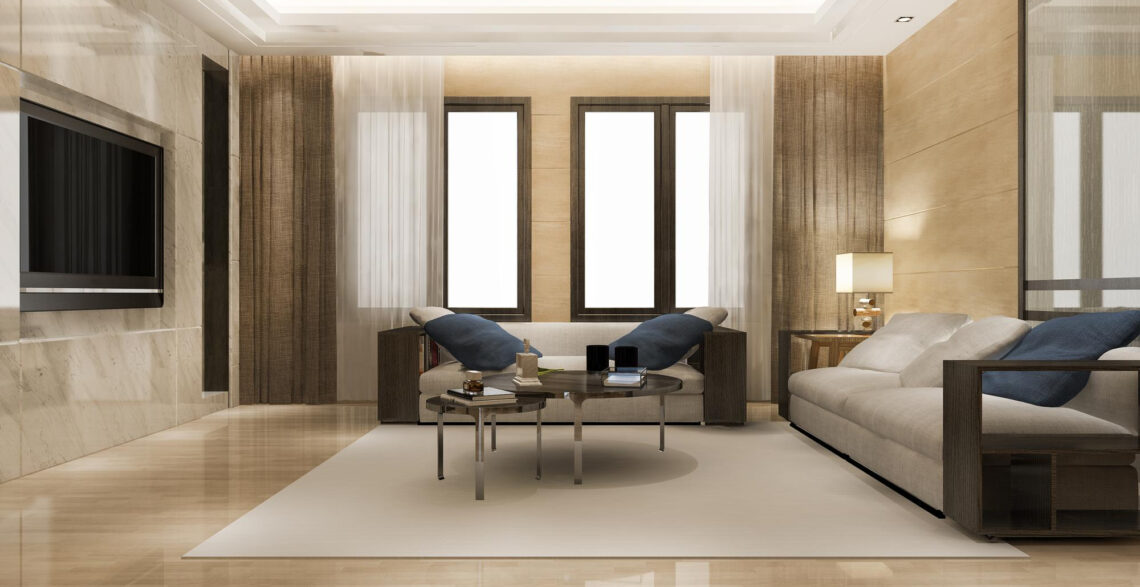Luxury vinyl flooring (LVF) has been gaining popularity as a flooring option due to its durability, water resistance, and affordability. However, as with any flooring option, there are pros and cons to consider before making a decision. In this article, we will discuss the pros and cons of luxury vinyl flooring to help you make an informed decision.
Pros of Luxury Vinyl Flooring
- Durability
One of the main advantages of LVF is its durability. It is made of several layers of materials, including a thick wear layer that resists scratches, dents, and stains. This makes it a great option for high-traffic areas and homes with children and pets.
- Water Resistance
LVF is also water-resistant, making it a great option for bathrooms, kitchens, and other areas where moisture is common. It can withstand spills and splashes without warping or staining, making it a low-maintenance flooring option.
- Easy to Clean
LVF is easy to clean and maintain. It can be swept or vacuumed regularly to remove dirt and debris, and can be mopped with a damp mop when needed. Unlike hardwood flooring, LVF does not require refinishing or resealing.
- Variety of Styles and Designs
LVF comes in a wide variety of styles and designs, including wood and tile looks. This makes it easy to find a style that matches your decor and personal preferences. Some LVF can even mimic the look and feel of natural materials like hardwood and stone.
- Affordability
LVF is generally less expensive than other flooring options, such as hardwood and ceramic tile. This makes it a great option for homeowners on a budget who still want the look and durability of high-end flooring.
Cons of Luxury Vinyl Flooring
- Not as Durable as Hardwood or Tile
While LVF is durable, it is not as durable as hardwood or tile flooring. It can still be scratched or dented, especially if heavy furniture is dragged across the surface. It is also not recommended for outdoor use or areas with extreme temperature changes.
- Not as Eco-Friendly as Other Options
LVF is not as eco-friendly as other flooring options, such as bamboo or cork. It is made of synthetic materials, which can take longer to break down in landfills. However, some manufacturers are starting to produce LVF using more eco-friendly materials.
- Can be Slippery
LVF can be slippery when wet, which can be a concern for households with young children or older adults. It is important to choose a textured or slip-resistant LVF for areas where slips and falls are a concern.
- Limited Resale Value
LVF is not as valuable as hardwood or tile flooring when it comes to resale value. While it is a durable and affordable option, it may not add as much value to your home as other flooring options.
- Can Emit VOCs
Some LVF can emit volatile organic compounds (VOCs), which can be harmful to indoor air quality. It is important to choose an LVF with a low VOC content or to allow for proper ventilation during installation.
Conclusion
Luxury vinyl flooring is a durable, water-resistant, and affordable flooring option that comes in a wide variety of styles and designs. While it may not be as durable as hardwood or tile flooring and may emit VOCs, it is a great option for homeowners on a budget who still want the look and durability of high-end flooring. When considering LVF, it is important to weigh the pros and cons and choose a style that matches your decor and personal preferences.

